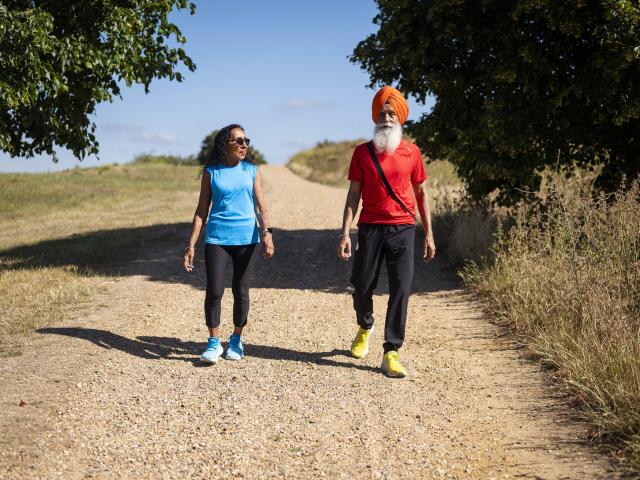
Sunrise webinar
Exploring a solar energy transition with villagers in rural India: using a participatory video with most significant change (PVMSC) approach
Renewable energy (RE) transitions are vital in achieving climate change targets. Such transitions may also be helpful in improving health, wellbeing and socio-economic opportunities, particularly within poorer communities that are reliant on fossil fuels for daily activities. India is one of the countries at the forefront of renewable energies and now ranks fourth in renewable energy capacity in the world. However currently we do not know if RE transitions are equitably beneficial or have a positive impact on people's lives, particularly using criteria determined by the intended beneficiaries (‘end users’).
This research used a participatory video with most significant change (PVMSC) approach with community members from a village in Maharashtra, India. The village is the site of India’s 1st ‘Active’ solar community resource building (SUNRISE Solar Oasis) developed by the Strategic University Network to Revolutionise Indian Solar Energy collaboration.
In the webinar there will be a background to the research and the findings and footage from the project “Determining Equitable Benefits: Achieving Transitions in renewable Energy (DEBATE)” will be shared.
Wider community participation that can provide insights into the human, historical and cultural contexts which new technologies are introduced can support additional understanding of both the impact of and the success of such projects from the community’s perspective.
This meeting is run by the Centre for Ageing and Dementia Research (CADR) if you have any questions please contact the team.
Free